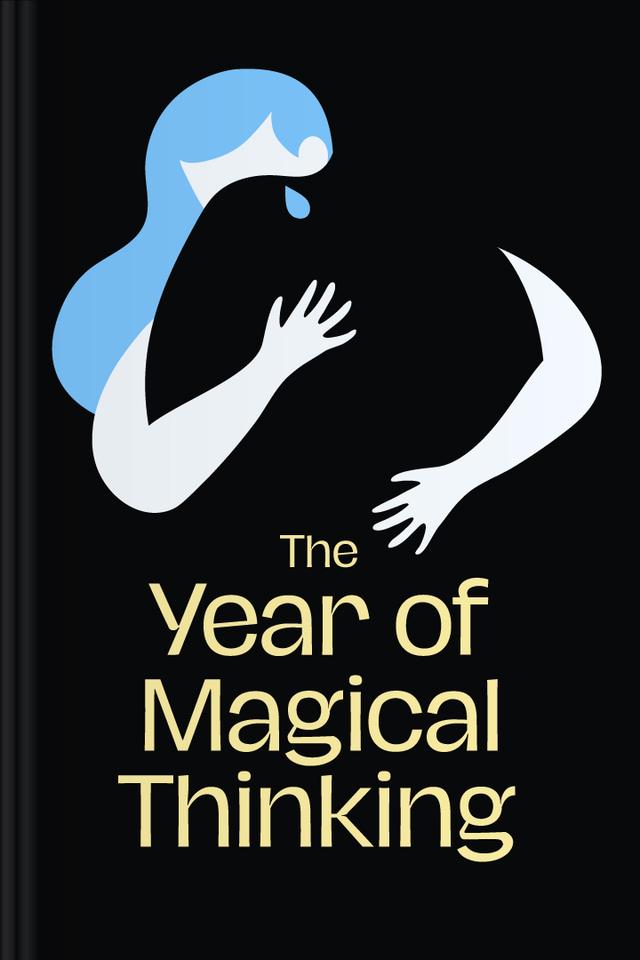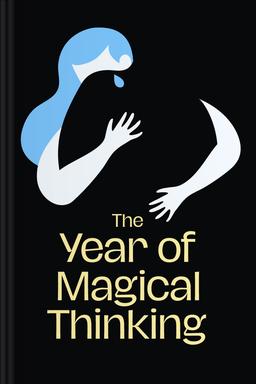You’ll learn
- What's hiding behind magical thinking
- The mental and physiological consequences of grief
- Why we need explanations for everything
- If self-pity is appropriate during grief
Protect the world’s peace. Donate to support Ukraine

first KEY POINT
Losing a loved one is a painful and emotionally difficult process. It forces us to go through the grieving stage and learn to live differently. However, sometimes our psyche defends against unwanted and unexpected changes and blocks attempts to accept a new reality. People experiencing loss may replay the past repeatedly and fantasize that they could have avoided the misfortune. They try to recall the signs and warnings that preceded the sad event. Often these hurting thoughts are accompanied by feelings of guilt and anger.Joan Didion, who lost her husband suddenly to a heart attack, knew what it was like. From that moment, a tough year of mourning began for her, which was interrupted by the severe illness of her only daughter. Didion explores grief and how she copes with it. She traces her reluctance to accept her husband's death and notices irrational rituals that help her cherish the hope that her spouse will return.
Joan Didion shows how grief can make us emotionally and physically vulnerable. Through personal observations and research into bereavement literature, she helps lift the veil and shows reality after losing a loved one. Trying to answer “Why did this happen?” and “Could I have prevented it?” the author concludes that some life processes are beyond our control. This summary shows that while loss can't be understated, over time, we have to let go of those who have passed, keeping their memory alive and accepting our new life without them.
second KEY POINT
When Joan Didion faced the loss of her husband, she noticed a change in her state and well-being. Grief broke in and became part of her daily affairs, causing her to get easily distracted and weak. In an attempt to understand what was happening to her and cope with the pain, Didion looked for answers in literature; she felt she didn't have the energy to interact with others and needed time alone to process her loss. She learned that although psychologists don't consider grief a mental disorder, they note its detrimental effect on normal life. A grieving person seems to fall out of the usual reality. They can become vulnerable, insecure, and partially absent in real life.According to The Merck Manual, there are two forms of grief:• Lighter is accompanied by insomnia and anxiety and does not lead to clinical depression.
• Complex occurs in cases where there was a close and even dependent emotional connection between the one who passed away and the one undergoing the loss.Didion noticed that she experienced the death of her husband differently than the passing of her parents. She understood that grief is different and that it's impossible to predict it. Undergoing the death of her parents, she felt indescribable loneliness, but she could continue to do everyday things. Having unexpectedly lost her husband, she was in shock for some time and had to go through a much longer path to accept reality.

Continue reading with Headway app
Continue readingfirst KEY POINT
second KEY POINT
third KEY POINT
fourth KEY POINT
fifth KEY POINT
sixth KEY POINT